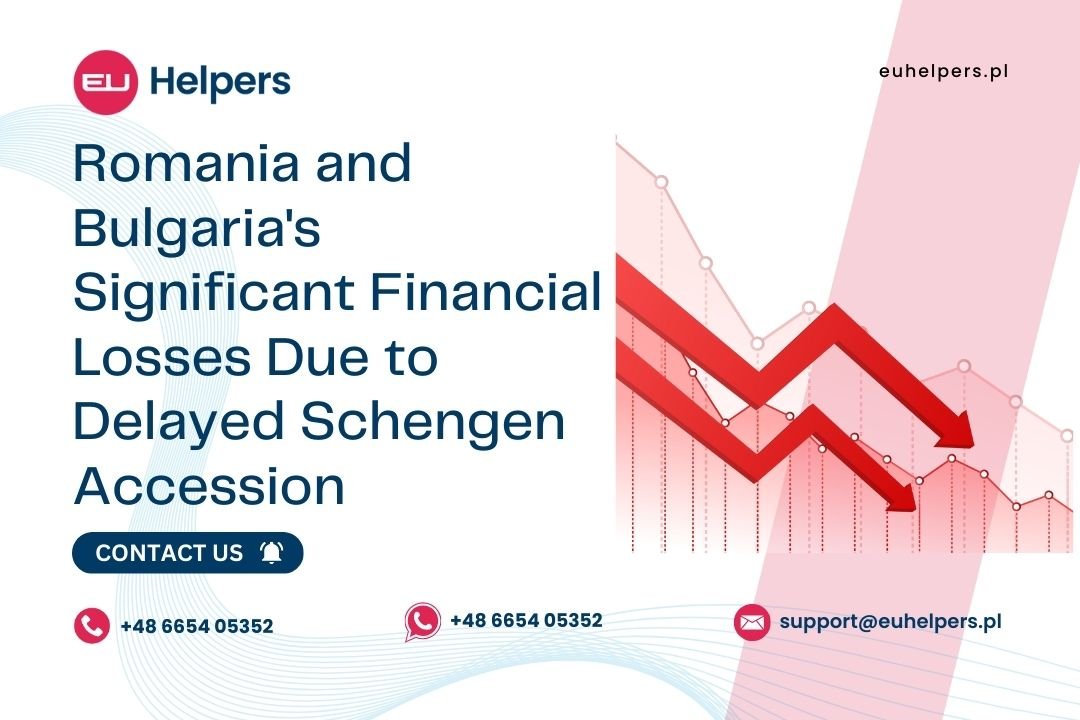Romania and Bulgaria joined the European Union in 2007 and promptly applied to become part of the Schengen Area. Despite meeting all the technical requirements since 2011, both countries are still awaiting full Schengen membership. However, optimism remains strong in both nations that full accession could finally be secured by the end of this year.
Romanian Interior Minister Cătălin Predoiu has expressed confidence that Romania is in a better position in 2024 regarding its Schengen bid. Meanwhile, Yordanka Chobanova, Head of the European Commission’s Representation in Bulgaria, also shared hopes last month for a positive outcome by year’s end.
One of the most heavily impacted sectors in both countries is tourism, as land border controls continue to create significant delays. Waiting times at borders can range from 20 minutes to more than three hours, disrupting travel and trade. The delays and queues contribute to substantial economic losses.
For Bulgaria, maintaining land border controls costs over €834 million annually. Romania, meanwhile, faces a loss of €2.32 billion in annual revenue, according to data from the European Economic and Social Committee. Romania’s transport sector also suffers, with delays at borders costing operators €90 million each year.
Dobri Mitev, president of the Bulgarian Industrial Association (BIA), emphasized that Romania and Bulgaria should be granted full Schengen membership, asserting that the region’s security challenges can only be properly addressed through full integration into the Schengen zone.
The continued exclusion from Schengen is proving costly for both nations, and pressure is mounting for a resolution to the long-standing issue.

